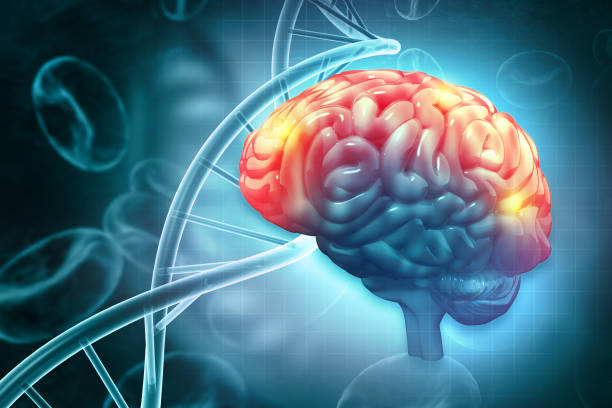Encephalitis is the inflammation of the brain tissues due to an autoimmune response ( a person’s immune system attacking the healthy brain tissues) or an infection (viral, fungus or bacterial infection). The inflammation causes swelling of the brain, and the common signs include mental changes, confusion, headache, and seizures.
When an autoimmune response causes encephalitis, it is known as autoimmune encephalitis, but when an infection causes it, it is known as infectious encephalitis. However, sometimes the cause isn’t known, but it can be life-threatening, so prompt treatment is essential for this condition.
Causes
Encephalitis can be caused by infection or autoimmune response, but even with extensive testing, there are still no known causes for up to 40% of the cases.
Infectious Encephalitis
Some infectious microbes like bacteria, fungi, and parasites can cause encephalitis, but they are rare.
Viral infections are the most common cause of this condition, but the use of vaccines for measles, rubella, mumps, and chicken pox has significantly reduced the occurrence of this condition. However, other viruses, including herpes simplex types 1 and 2, enterovirus, and varicella-zoster virus, can still cause it. Encephalitis can result from certain viruses carried by ticks, or mosquitoes, including
- La Crosse virus.
- Japanese encephalitis virus.
- Powassan virus.
- Equine viruses.
- Chikungunya.
- Zika virus.
- St. Louis virus.
- West Nile virus.
Autoimmune Encephalitis
Autoimmune encephalitis is caused by an attack on the brain tissues by antibodies. The cause of autoimmune encephalitis is not fully understood, but it can be triggered by tumours, cancer or even an infection; then, when the immune system tries to fight the foreign bodies, it mistakenly starts to fight the healthy brain tissues.
The immune system may target the GABA-A and GABA-B receptors, NMDA receptors, or the VGKC brain protein complex and cause brain inflammation.
Symptoms of Encephalitis
Encephalitis can cause mild to severe symptoms depending on the stage and underlying cause of the condition.
The mild symptoms include:
- Headache.
- Fever.
- Stiff neck.
- Vomiting.
- Lethargy.
Severe symptoms include:
- Confusion.
- Sensitivity to light.
- Fever of 103°F (39.4°C) or higher.
- Hallucinations.
- Drowsiness.
- Coma.
- Slower movements.
- Irritability.
- Seizures.
- Unconsciousness.
- Anxiety.
- Psychosis
- Memory loss.
- Excessive sleepiness.
Infants and young children usually have different symptoms from adults, and they require immediate medical attention.
Their symptoms include:
- Body stiffness.
- Vomiting.
- Constant crying.
- Bulging fontanel (soft spot in the scalp).
- Poor appetite.
Treatment
The treatment options for encephalitis are focused on treating the underlying causes and alleviating the symptoms; they include
- Antiviral medication to treat viral encephalitis.
- Antibiotics to treat bacteria encephalitis.
- Corticosteroids to reduce inflammation in the brain
- Antifungal medication to treat fungal encephalitis.
- Immunoglobulin therapy involves administering a solution that contains antibiotics from donated blood.
- Anticonvulsants to manage seizures or reduce convulsions.
- Therapeutic plasma exchange is used to remove a patient’s blood and filter the antibiotics to prevent them from attacking the brain. The blood is replaced with donated blood or albumin.
- Surgery to remove tumour if it is the cause of the encephalitis.



